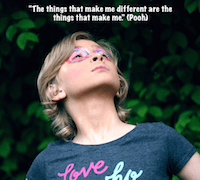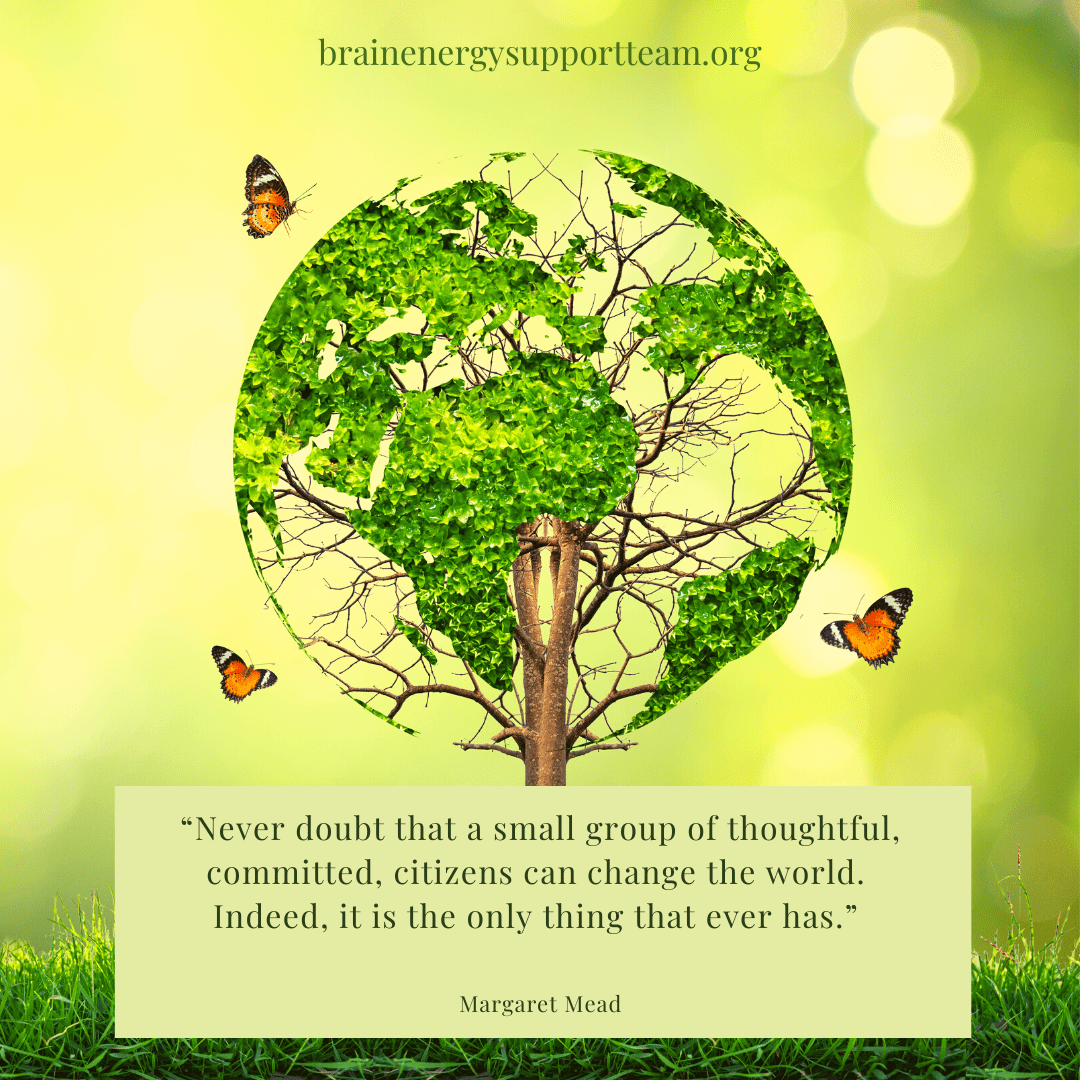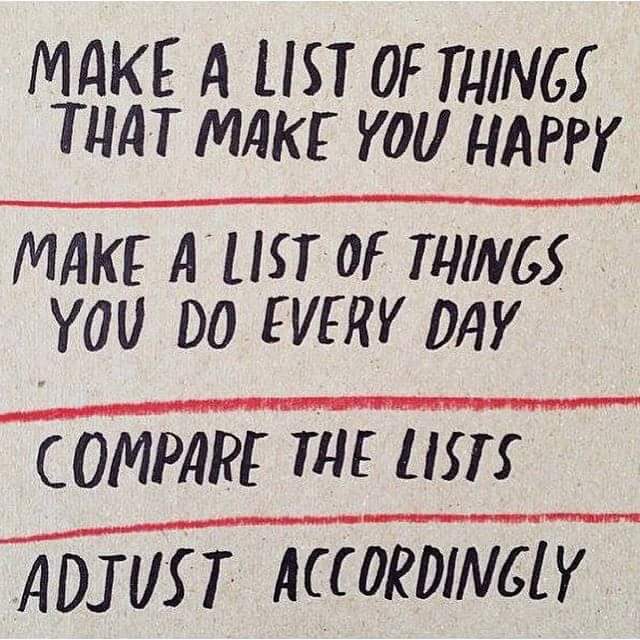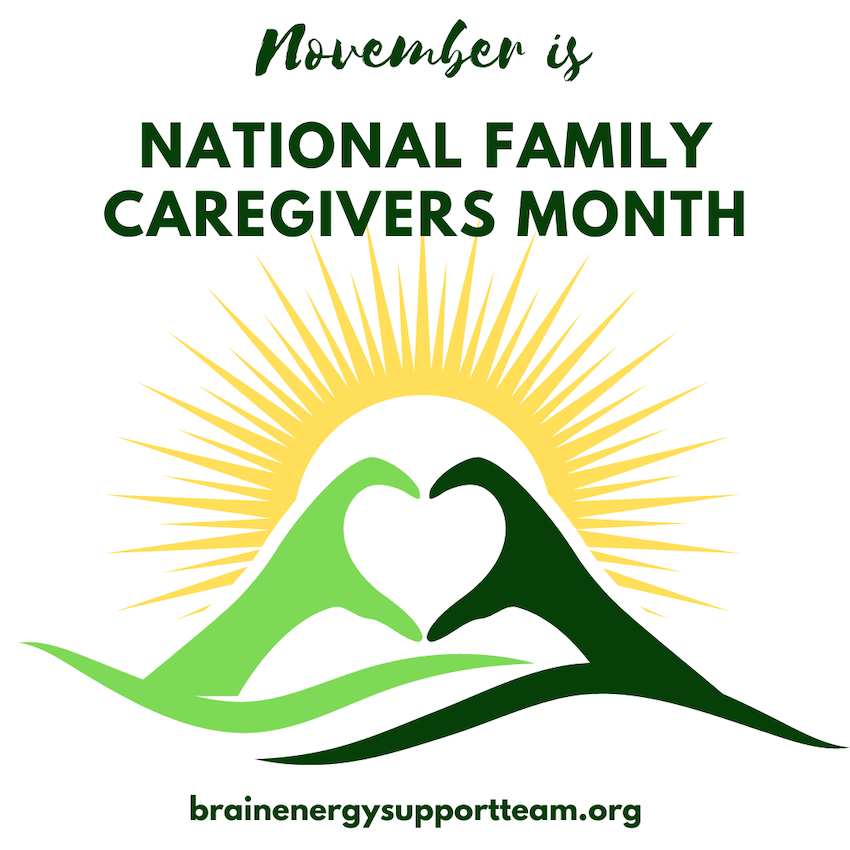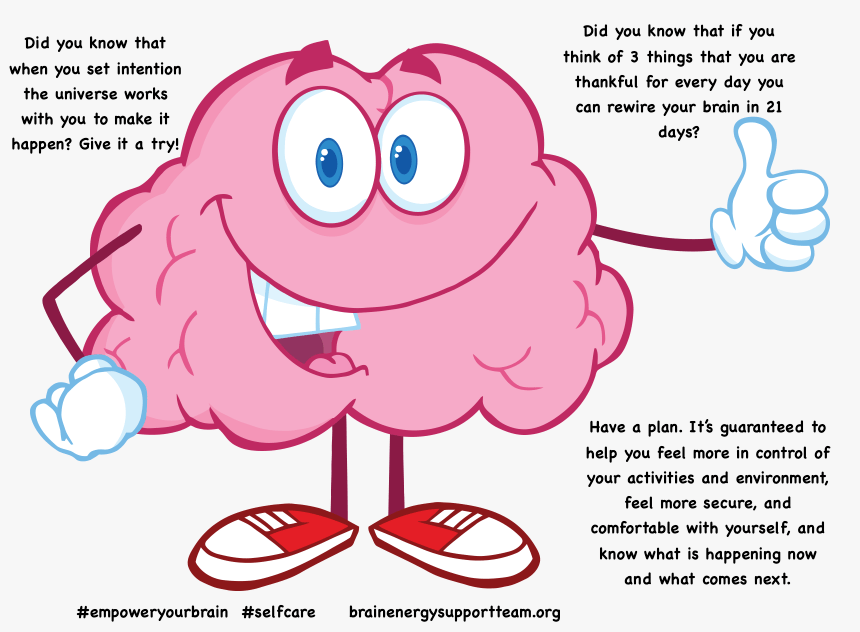Brain injury is not an event or an outcome. It is the start of an often misdiagnosed, misunderstood, under-funded neurological disease. Individuals who sustain brain injuries must have timely access to expert trauma care, specialized rehabilitation, lifelong disease management and individualized services, and supports in order to live healthy, independent and satisfying lives.
When someone suffers a brain injury, the entire family is affected. Studies show that caregivers of people who have suffered a brain injury may experience feelings of burden, distress, anxiety, anger and depression. If you are caring for a partner, spouse, child, relative or close friend with TBI, it is important to recognize how stressful this situation can be. Information about brain injury and support can make a great difference.
Support groups are a great way to find the peer support we believe is so valuable to living a life after brain injury. Support groups are an opportunity for an individual with brain injury to establish a circle of friends, learn new strategies to meet the demands of their daily life, or simply feel that someone finally “gets it.” It’s also an opportunity for caregivers and family members to learn they are not alone either. There are others whose lives have been turned upside down and run through the wringer as a result of the changes that come with persistent challenges resulting from brain injury.
All too often, we meet caregivers who are sleep deprived, no longer eat well or exercise, have more headaches, and push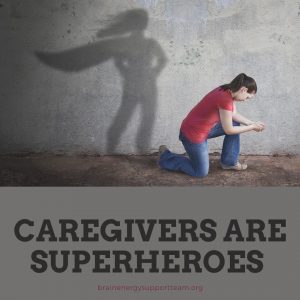 themselves through their own illnesses to provide care for someone they love with a brain injury. All too often, we meet caregivers that had to give up their careers to stay home and provide care. This places an incredible strain on a caregivers health, mental well-being, and family finances beyond any loss of income that occurred due to an individual’s TBI.
themselves through their own illnesses to provide care for someone they love with a brain injury. All too often, we meet caregivers that had to give up their careers to stay home and provide care. This places an incredible strain on a caregivers health, mental well-being, and family finances beyond any loss of income that occurred due to an individual’s TBI.
If all of this sounds dramatic, it’s because it is dramatic. The need for information, resources, respite care, and support groups for caregivers and families is huge and can be hard to find and often difficult to get to when our caregiver responsibilities are in full swing. On the flip side of the same coin there is a great deal caregivers can do for themselves.
At BEST we stress that individuals with a brain injury can take control of their lives through peer support and education. They can learn new strategies and skills to help them navigate a strange new world. The same is true for caregivers. Some time ago, Brainline.org published a piece, “Choosing The Right Caregiver Support Group.” You can find that article here; https://bit.ly/1LNfXo6. The Brain Injury Association USA has a rich section of their website for caregivers; https://bit.ly/1lOsokg.
Life doesn’t just affect the individual with a brain injury. Brain injury affects everyone.

